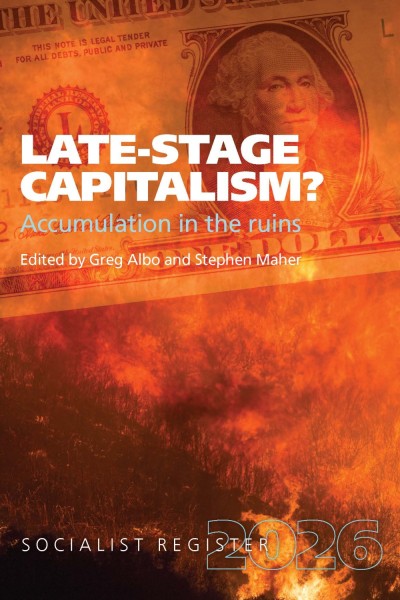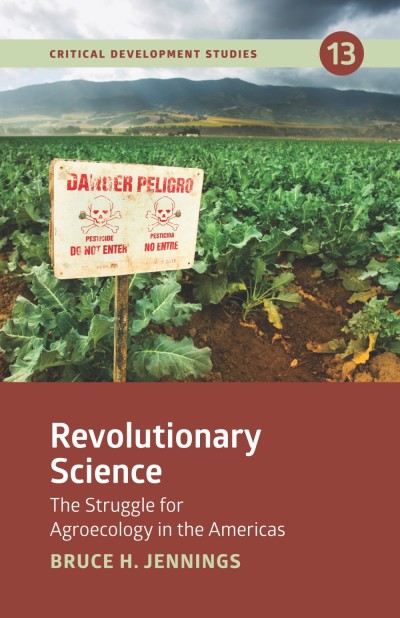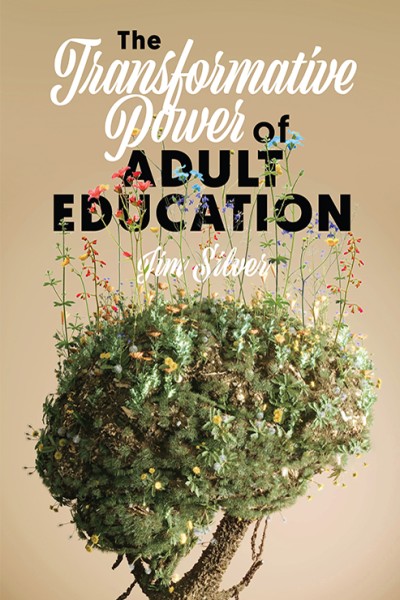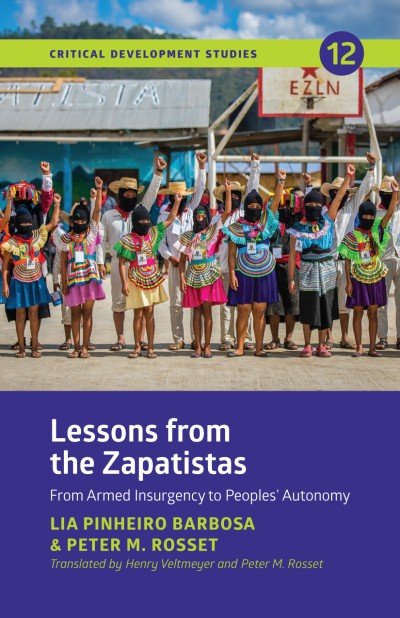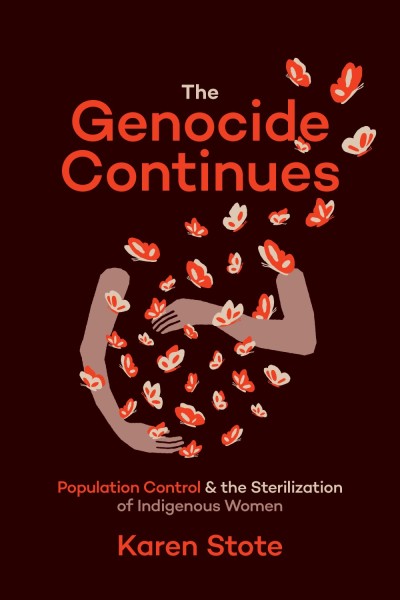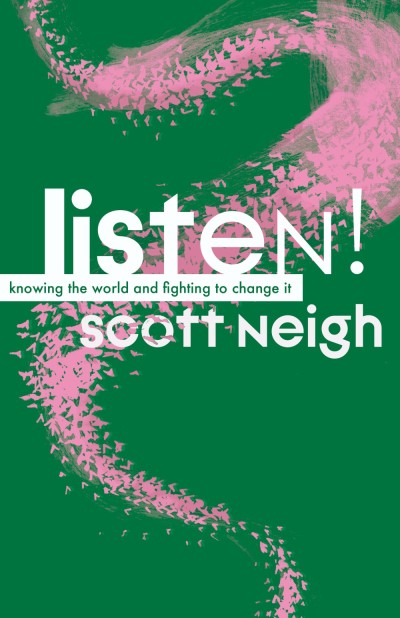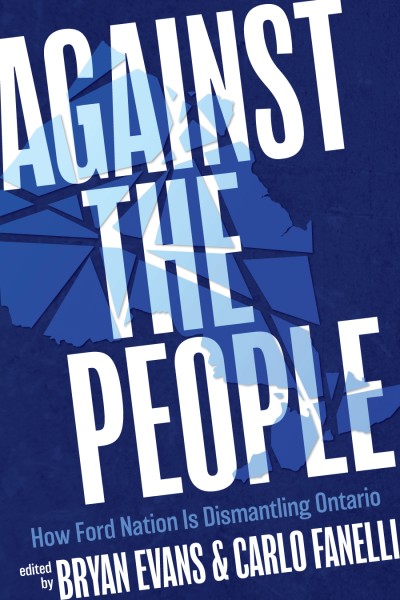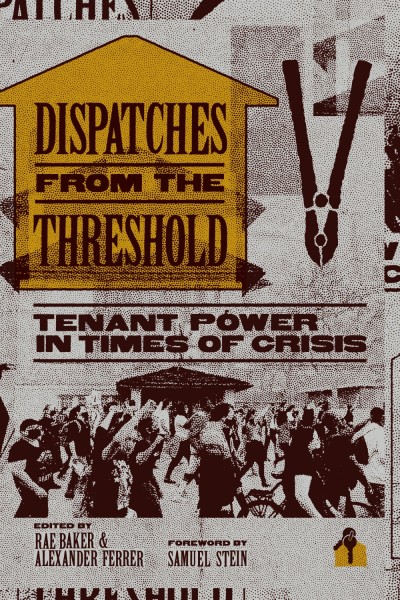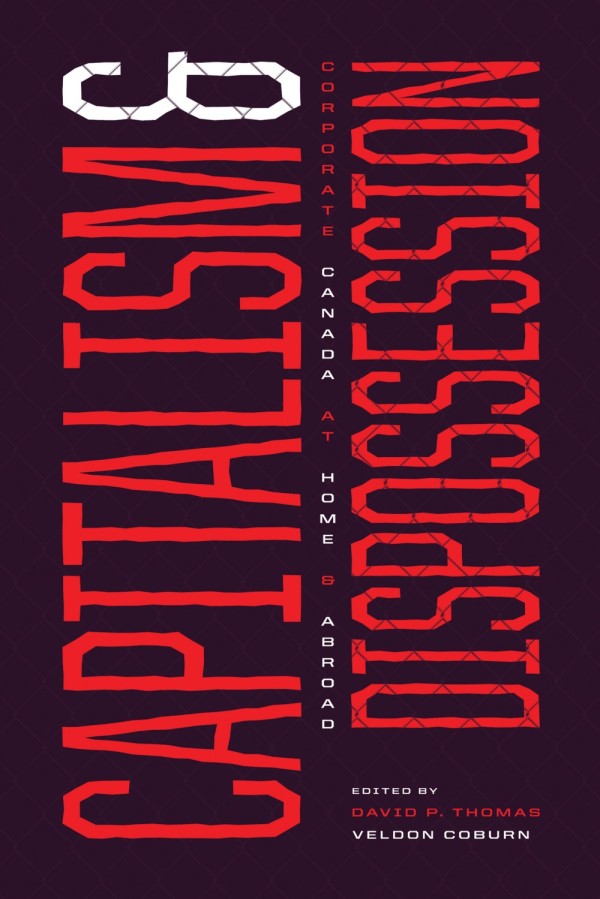
Capitalism and Dispossession
Corporate Canada at Home and Abroad
This edited collection brings together a broad range of case studies to highlight the role of Canadian corporations in producing, deepening, and exacerbating conditions of dispossession both at home and abroad.
About the book
This edited collection brings together a broad range of case studies to highlight the role of Canadian corporations in producing, deepening and exacerbating conditions of dispossession both at home and abroad. Rather than presented as instances of exceptional greed or malice, the cases are described as expected and inherent consequences of contemporary capitalism and/or settler colonialism. A core purpose of the book is to combine and synthesize analyses of dispossession within and outside of Canada. While the literature tends to treat the two as distinct and unrelated phenomena, these processes are often connected, as the normalization of settler colonialism at home can lead to indifference and acceptance of dispossession caused by Canadian companies abroad. This book brings local and global cases together in order to present a rigorous analysis of the role of Canadian corporate activity in processes of dispossession.
The book includes a diversity of theoretical approaches related to the overarching theme of capitalism and dispossession; however, they share a critical analysis of capitalism and its implications on marginalized peoples at home and abroad. Included are political economy approaches that draw on the work of theorists such as David Harvey, important interventions from Indigenous and settler colonial studies, feminist approaches using the work of scholars such as Silvia Federici and the concept environmental racism, which draws on both critical race theory and environmental justice literature.
Capitalism & Alternatives Class Inequality Political Economy
What people are saying
Henry Veltmeyer, professor, Autonomous University of Zacatecas, Mexico, and professor emeritus, Saint Mary’s University.“Timely, relevant and well conceived, with excellent case studies and authors. I like it a lot.”
Contents
- Chapter One – Capitalism, Dispossession, and the Canadian State – Veldon Coburn and David P. Thomas
- Part One – Dispossession at Home Chapter Two – The Gender Violence of Canadian Extraction – Rebecca Hall
- Chapter Three – An Abdication of Duty: Suppression of Indigenous Sovereignty in Canada’s “Consent by Default” Industry – Aedan Alderson
- Chapter Four – The Fourth World is Emerging: A Zombie Mine Resurrection and the Refusal of the Tsilhqot’in – Dawn Hoogeveen and Russell Myers Ross
- Chapter Five – On the Shubenacadie River: The Grassroots Grandmothers and the Fight Against Alton Gas – Ingrid Waldron
- Chapter Six – Capitalism and Colonialism in Canada: Grassy Narrows and Corporate Dispossession of Indigenous Waterways – Veldon Coburn
- Part Two – Dispossession Abroad Chapter Seven – Undermining Accountability: Barrick Gold, the University of Toronto, and the Corporate Capture of the Canadian Government – Sakura Saunders
- Chapter Eight – Qualifying as Canadian: Economic Diplomacy, Mining, and Racism at the Escobal Mine in Guatemala – Caren Weisbart, Jennifer Moore, and Charlotte Connolly
- Chapter Nine – “It Has Not Been Like a Dream:” Challenging the Story of Extractivism in Indonesia – Tracy Glynn
- Chapter Ten – Canadian Mining in Burkina Faso: Artisanal and Small-scale Mining (ASM) Delegitimation as Structural Displacement – W.R Nadège Compaoré and Tongnoma Zongo
- Chapter Eleven – Canadian Banks in Latin America and the Caribbean – David P. Thomas and Tyler Shipley
- Chapter Twelve – Conclusion – David P. Thomas and Veldon Coburn



